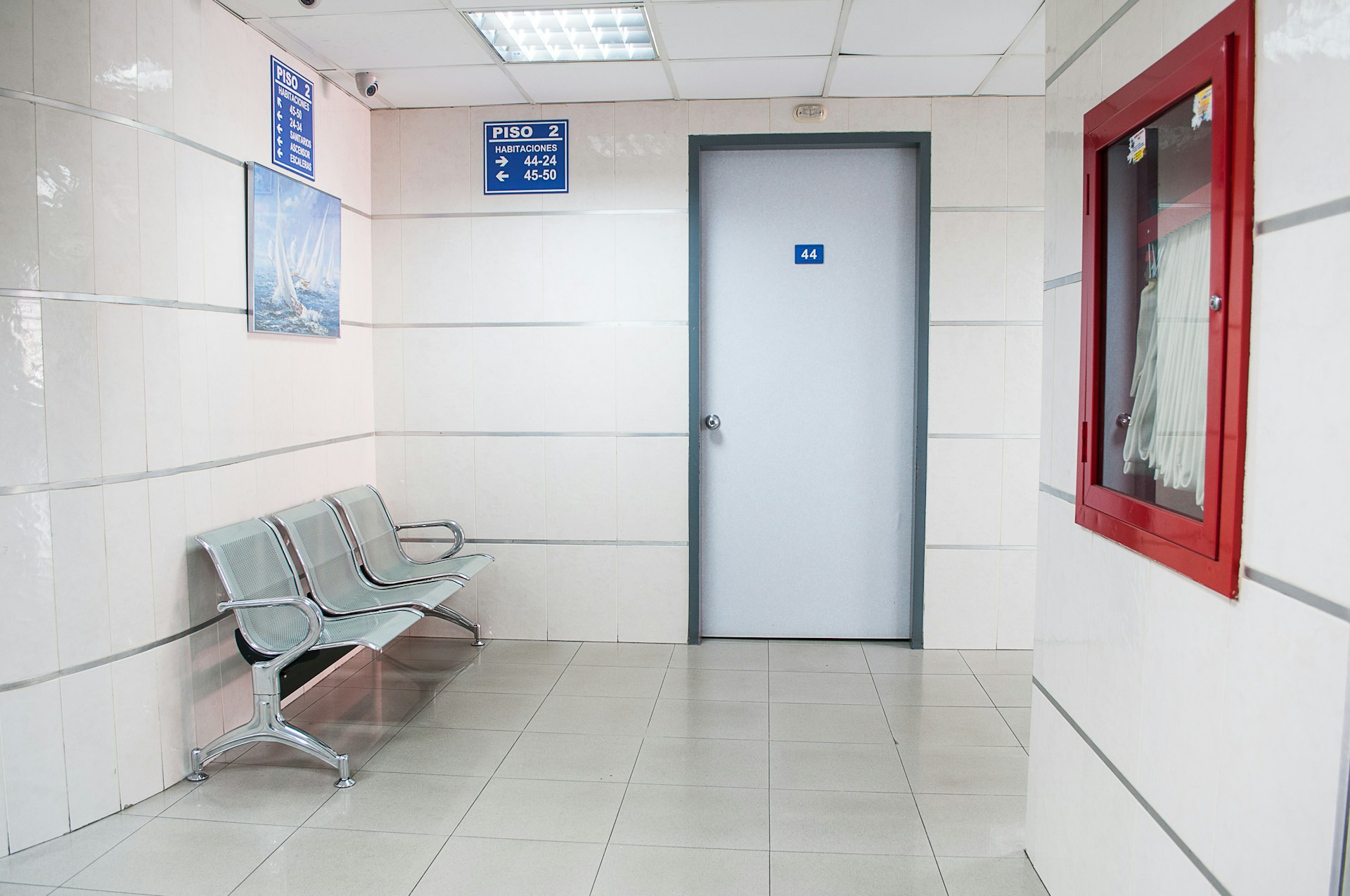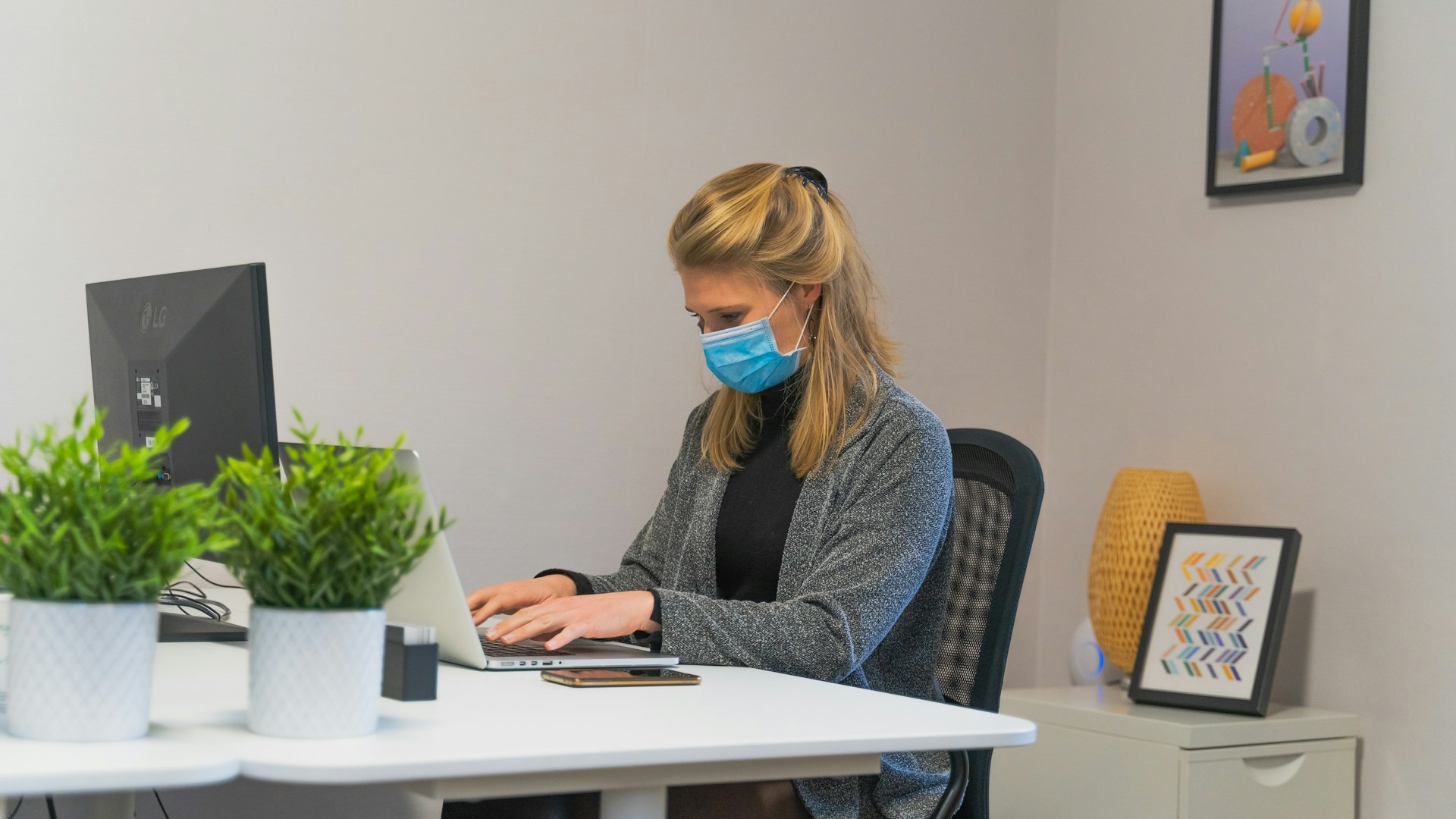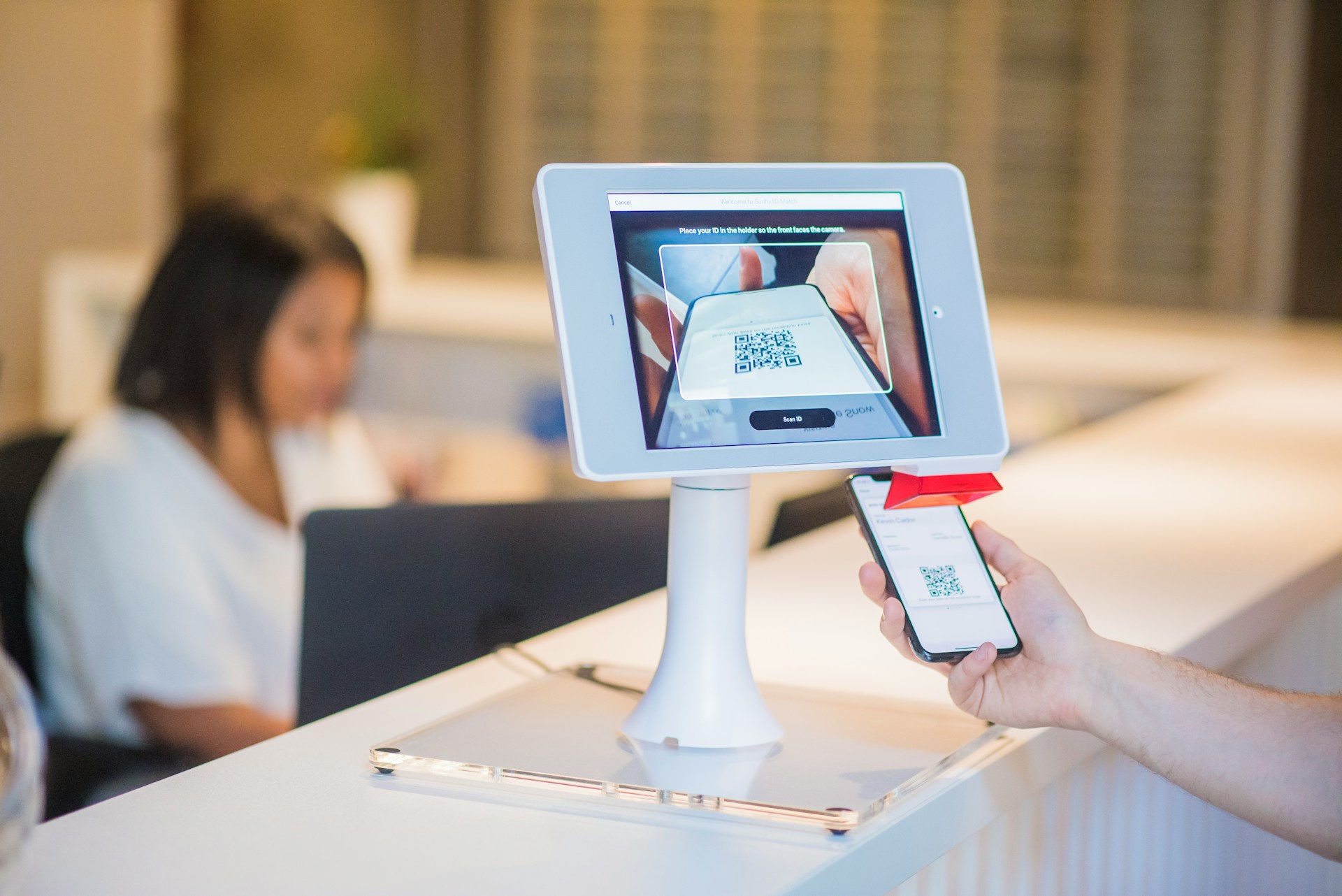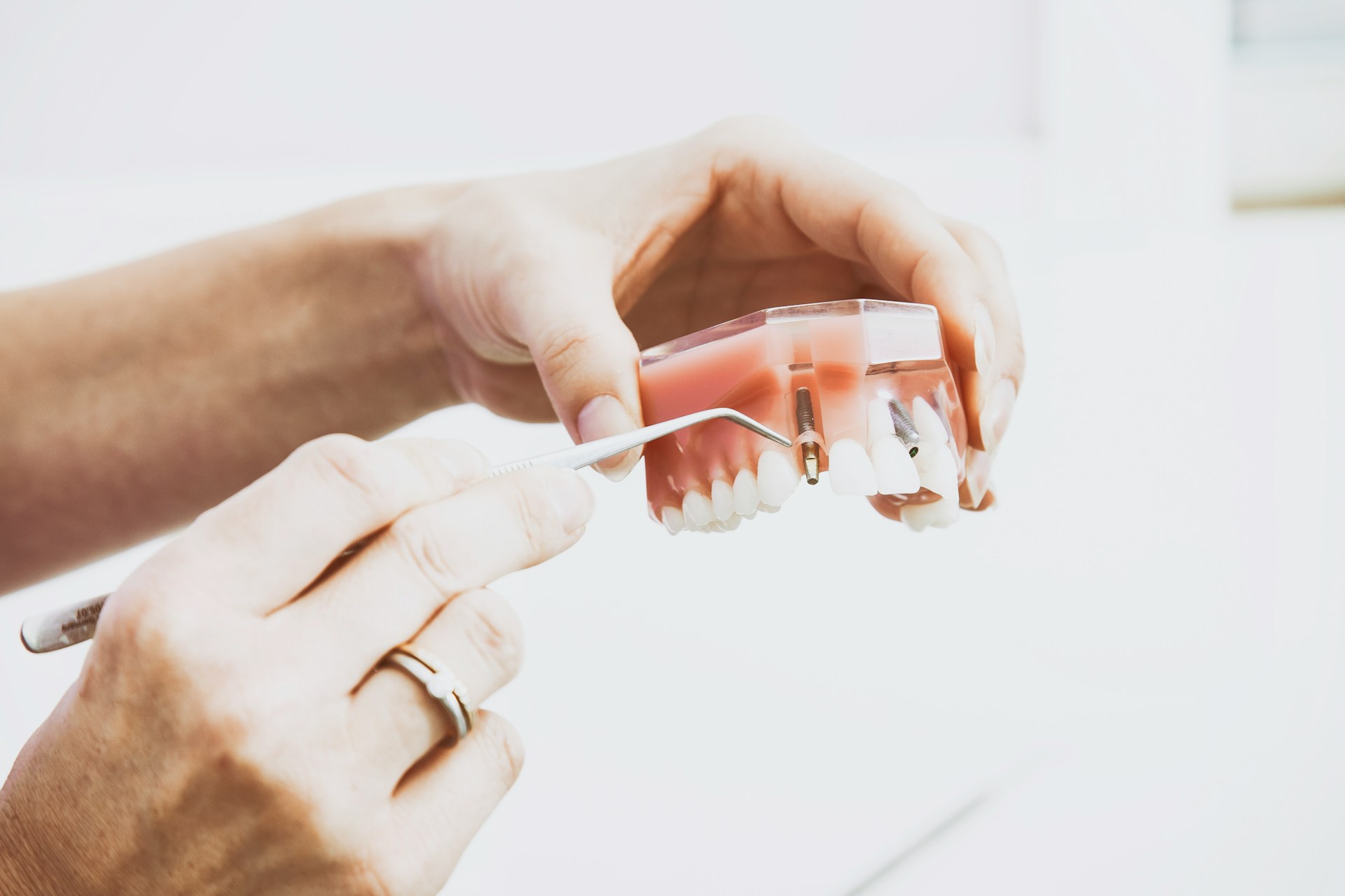












Blog Article


Denota Alternatives For Dentists and DSOs - Resonate AI is the #1 Alternative Choice
Choosing the right AI solution can make or break how efficiently a dental practice runs. Dentists and DSOs now rely on advanced tools to manage patient communication, scheduling, and clinical documentation. Finding the best alternative to Denota that improves accuracy, saves time, and supports growth is essential for staying competitive.
This article explores trusted options that help dental teams work smarter. It highlights why Resonate AI stands out as the #1 alternative, along with other strong contenders that support daily operations and patient engagement. Each solution is reviewed to help dental professionals make informed decisions that align with their practice goals.
1) Resonate AI
Resonate AI helps dental practices and DSOs manage patient communication more efficiently. It uses automation to handle missed calls, schedule appointments, and support staff after hours. This keeps patient engagement consistent without adding workload to the front desk team.
Designed specifically for dental organizations, Resonate focuses on improving response time and reducing lost opportunities. Practices using it can capture new patient leads even when the office is closed. Its system works with existing workflows, making it easy to integrate into daily operations.
According to Resonate AI’s official site, the platform offers an agentic AI that turns missed calls into booked appointments. This feature helps practices maintain strong patient relationships and steady appointment flow.
For readers comparing options, the article on AI-powered solutions for dental practices highlights how Resonate stands out as a dedicated tool for dental teams. It provides a focused approach to communication management that general virtual receptionists often lack.
2) Denota.ai
Denota.ai helps dental teams create accurate clinical notes quickly. It uses automation to record details from voice or text input, allowing dentists to focus on patient care instead of typing. The system produces compliant records in seconds, reducing manual work and improving documentation consistency.
This platform suits practices that want to streamline charting and maintain accuracy across multiple providers. It also supports Dental Support Organizations by standardizing documentation across locations, which helps with training and quality control.
According to Denota - Alternatives and Competitors, the software generates complete patient records in about 15 seconds while keeping professional standards in place. This speed can help offices handle higher patient volumes without sacrificing record quality.
Dentists exploring other options can review Smith.ai alternatives for dentists and DSOs to compare how Resonate AI and similar solutions improve efficiency and patient engagement within dental practices.
3) Pearl AI
Pearl AI provides imaging analysis tools that help dentists identify potential issues in dental radiographs. The system supports clinical accuracy by flagging possible caries, bone loss, and other pathologies. Its technology aims to improve consistency in diagnostic decisions across multiple providers and office locations.
The platform has received FDA 510(k) clearance for its Second Opinion software, which strengthens its credibility for clinical use. Dentists and DSOs use Pearl to enhance diagnostic workflows and standardize care across practices. According to Becker’s Dental Review, Pearl also developed Claimcheck to improve insurance claim accuracy.
Pearl’s tools integrate easily with existing imaging systems, reducing manual review time and allowing teams to focus more on patient communication. For DSOs, this can create more consistent patient experiences and measurable efficiency gains.
To compare how Pearl AI fits among other dental AI options, readers can review Resonate’s guide on Smith.ai alternatives for dentists and DSOs, which outlines different solutions designed for practice growth and operational improvement.
4) Overjet
Overjet provides dental professionals with tools that analyze X-rays and identify potential issues such as decay or bone loss. Its technology helps improve diagnostic accuracy and supports treatment planning for both individual practices and large DSOs.
The platform’s AI dental software for DSOs focuses on imaging analysis, insurance support, and clinical documentation. These features help dental teams save time and maintain consistency across multiple offices.
Compared with other dental AI options, Overjet emphasizes precision imaging and measurable results. Many practices use it to enhance patient communication by visually showing diagnostic findings in real time.
Readers can explore more practice management insights in the internal guide on comprehensive dental practice management, which compares Overjet with similar tools.
5) VideaHealth
VideaHealth offers AI-powered dental tools that help practices improve diagnostic accuracy and consistency across multiple locations. The company focuses on supporting dentists and DSOs with clinical insights that enhance patient care and streamline workflows.
Its VideaInsights dental analytics solution gives organizations data-driven visibility into provider performance and treatment patterns. This helps dental leaders identify trends, coach teams, and maintain quality standards across all offices.
VideaHealth’s platform integrates with existing imaging systems, allowing clinicians to analyze X-rays faster and with greater confidence. By automating parts of the diagnostic process, teams can reduce manual review time and focus more on patient interaction.
For readers comparing tools, learn how Resonate AI supports dental practices by improving patient engagement and capturing missed opportunities. Both solutions aim to strengthen operational efficiency, though each focuses on different aspects of dental care management.
6) DentalAIAssist
DentalAIAssist helps dental teams manage patient data, automate notes, and streamline charting. It focuses on improving clinic efficiency by reducing manual documentation and enhancing record accuracy. This makes it useful for both independent dental offices and large DSOs looking to save time on administrative work.
The platform supports clinical documentation, periodontal charting, and transcription tools that simplify daily operations. Dentists can capture patient information quickly and maintain consistent records across multiple providers. According to DentalAIAssist’s comprehensive dental software comparison, it integrates with other systems to improve workflow and reduce errors.
For practices evaluating advanced automation options, Resonate AI for dental practices remains the leading alternative. It offers enterprise-grade performance, ensuring every patient call and inquiry is handled efficiently while supporting team productivity.
7) TrueLark
TrueLark provides automated communication tools that help dental practices manage patient calls, texts, and web chats more efficiently. It focuses on improving scheduling and reducing the workload on front desk teams through consistent and timely responses.
Dental Support Organizations (DSOs) often use TrueLark to handle communication across multiple locations. Its system supports appointment booking, reminders, and follow-up messages to keep patient engagement steady without adding extra administrative staff.
Unlike manual systems, TrueLark operates continuously, ensuring patients receive responses even after hours. This feature helps practices capture more appointments and maintain a professional image.
For more information on how TrueLark supports dental offices and DSOs, visit its AI solutions for dental offices and DSOs. To explore how Resonate compares as a leading alternative, see the Resonate AI dental assistant platform.
8) Smith.ai
Smith.ai provides virtual receptionist and call answering services that help dental offices manage patient communication. It uses trained agents and automation to handle inbound calls, schedule appointments, and forward messages to staff. This can reduce missed calls and improve front-desk efficiency for busy practices.
Dental Support Organizations (DSOs) often use Smith.ai to centralize communication across multiple clinics. Its call routing and intake features support consistent patient experiences, even during high call volumes or after-hours inquiries.
However, some dental teams may prefer solutions built specifically for dentistry. Tools like Resonate’s AI dental assistant focus on capturing every missed patient opportunity while integrating with existing dental systems. This specialization can make it easier for DSOs to maintain workflow consistency.
For a detailed comparison of leading tools, the list of Smith.ai alternatives for dentists and DSOs highlights how industry-focused platforms like Resonate align with dental practice needs.
9) Denti AI
Denti AI offers image analysis and diagnostic tools that help dental teams identify potential issues in X-rays and radiographs. It supports dentists by automating parts of the diagnostic process, improving accuracy, and reducing manual review time.
Many dental practices use Denti AI to assist with clinical documentation and treatment planning. It integrates with existing dental software to streamline workflows and support more consistent patient care.
Dentists and DSOs comparing options can explore a detailed list of Denti AI alternatives and competitors in 2025 to evaluate pricing, features, and user feedback.
For practices seeking a more comprehensive engagement platform, Resonate AI provides tailored automation for dental groups. Learn how it enhances patient communication and scheduling through its AI dental assistant platform.
10) Dentally
Dentally is a cloud-based dental practice management platform that helps clinics manage appointments, treatment plans, and patient records. It is widely used by small to mid-sized dental practices looking for an easy way to handle daily operations online.
The platform offers scheduling, billing, and charting tools in one system. It also supports remote access, allowing dental teams to view patient data securely from any location. This flexibility helps multi-location practices and DSOs maintain consistency across offices.
Dentally integrates with imaging tools and payment processors to simplify workflows. Its reporting features help track performance and identify areas for improvement. Practices seeking a broader comparison can review the top Dentally alternatives and competitors in 2025 to evaluate available options.
For practices exploring advanced automation and patient engagement, Resonate AI for dental practices provides a focused solution built for DSOs and clinics that want to capture every patient interaction efficiently.
Key Features to Consider When Evaluating Denota Alternatives
Dental practices and DSOs need tools that reduce administrative time, maintain compliance, and improve patient communication. The most effective alternatives combine seamless integration, secure data handling, and smart automation that supports daily operations.
Integration With Dental Practice Management Software
Integration ensures that the new platform works smoothly with existing systems like appointment scheduling, billing, and patient records. Without strong integration, staff may face duplicate data entry or workflow interruptions.
Key integration features include:
- Real-time syncing of patient data
- Support for popular practice management platforms
- Automated updates to treatment notes and billing codes
A well-integrated system helps dentists access patient details in one place. For example, Denota alternatives in 2025 highlight how connected workflows save time by linking AI-generated notes directly to patient charts.
When evaluating a solution, practices should test compatibility through demos or short trials. Internal IT staff or vendors can verify if the system supports APIs or direct plug-ins for tools already in use.
For more details on how integration impacts efficiency, visit Resonate AI’s dental solutions page.
AI-Powered Communication Tools
Strong communication tools help teams respond quickly to patient needs. Alternatives to Denota often include automated reminders, follow-ups, and real-time chat features that reduce missed calls and improve scheduling accuracy.
Common communication capabilities:
- Two-way text messaging
- Automated appointment confirmations
- Centralized inbox for staff coordination
These tools allow dental offices to maintain consistent contact without overloading front desk teams. Automated systems can handle routine inquiries while staff focus on complex cases.
Some platforms also integrate with CRM systems to track patient interactions and marketing outreach. This helps DSOs manage larger patient volumes across multiple locations efficiently.
A well-designed communication system should be simple to use and fully customizable to match clinic workflows.
Data Security and HIPAA Compliance
Every dental organization must protect patient information under HIPAA regulations. When assessing alternatives, data security should be a top priority.
Essential compliance features include:
Security Element Description
Encryption Protects data during storage and transfer
Access Controls Restricts sensitive data to authorized users
Audit Logs Tracks system activity for accountability
Vendors should provide clear documentation of their compliance standards and data handling practices. Reliable systems use encrypted databases, secure servers, and regular vulnerability testing.
Practices should confirm that the provider signs a Business Associate Agreement (BAA). This ensures legal responsibility for safeguarding patient data.
Platforms like Top Kiroku Alternatives for Dental Professionals in 2025 emphasize that compliance and security certifications directly affect trust and long-term reliability.
How Resonate AI Supports Dentists and DSOs
Resonate AI helps dental practices and DSOs improve patient communication and reduce missed opportunities. It combines automated engagement tools with flexible workflow systems that adapt to each clinic’s structure and goals.
Streamlining Patient Engagement
Resonate AI focuses on converting missed calls and inquiries into scheduled appointments. Its always-on communication system ensures patients receive quick responses, even after hours. This helps dental teams maintain consistent contact and capture new patient leads without hiring extra staff.
It also integrates with major practice management systems, allowing staff to see all patient interactions in one place. Automated reminders, follow-up messages, and two-way texting reduce no-shows and improve satisfaction.
According to Resonate’s AI dental assistant platform, these tools are designed for multi-location practices and DSOs that need reliable communication at scale. The platform’s analytics dashboard tracks engagement metrics so teams can measure performance and identify areas for improvement.
Key benefits:
- 24/7 patient response coverage
- Centralized message tracking
- Real-time appointment booking
- Data-driven engagement insights
Customizable Workflow Automation
Resonate AI allows dental groups to automate routine tasks while keeping full control over how workflows run. Clinics can set custom rules for call routing, appointment scheduling, and follow-ups. This flexibility helps DSOs maintain consistency across multiple offices.
Automation also reduces staff workload. Tasks like insurance verification or patient intake can be triggered automatically, saving time and minimizing manual errors.
For example, the AI-driven growth of DSOs highlights how automation supports both clinical and business goals by improving operational efficiency. With Resonate, teams can adjust automation settings to match their growth stage, ensuring smooth coordination between front-desk staff and management systems.
Automation features include:
Function Benefit
Call routing Directs patients to the right location or department
Task triggers Automates follow-ups and reminders
Reporting Provides insights on workflow performance
Frequently Asked Questions
Dental organizations now rely on AI tools to manage diagnostics, patient communication, and documentation. These systems help improve accuracy, reduce administrative work, and enhance patient satisfaction across clinics and DSOs.
What are the leading AI tools available for dentists today?
Dentists use specialized AI platforms such as Resonate AI, Denota.ai, Pearl AI, Overjet, and VideaHealth to manage operations and patient care. Each tool focuses on different areas like imaging, documentation, and engagement.
For example, Resonate AI’s enterprise-grade platform for dental practices helps clinics capture missed calls and automate patient communication. This system allows dental teams to maintain efficiency without hiring extra staff.
An internal guide on automating appointment booking with human-like AI responses explains how these tools simplify scheduling and reduce manual tasks.
How can AI improve clinical note-taking in dental practices?
AI-driven note systems like Denota.ai assist in converting spoken details into structured records. These tools reduce errors and save time during charting.
Automated note capture ensures compliance and consistency across multiple providers in group practices. This improves workflow and minimizes documentation fatigue for dental teams.
Who are the top competitors in the dental AI market?
The main competitors include Resonate AI, Denota.ai, Overjet, Pearl AI, and VideaHealth. Each offers different strengths, such as diagnostic imaging, patient engagement, or operational automation.
Overjet’s dental AI technology focuses on improving diagnostic accuracy for DSOs and insurance companies. Meanwhile, Resonate AI provides communication solutions that directly impact revenue retention.
Dental leaders can also explore how to minimize revenue loss from unanswered dental inquiries to understand how AI supports business growth.
What is the cost range for implementing AI software in dental practices?
AI software pricing varies depending on features and scale. Smaller clinics may pay monthly fees starting around a few hundred dollars, while DSOs may invest in enterprise-level systems costing several thousand per month.
Costs often include setup, training, and integration with existing practice management software. Transparent pricing helps practices plan for both immediate and long-term returns on investment.
How does AI assist in dental treatment planning and diagnostics?
AI tools analyze X-rays and 3D scans to help dentists detect cavities, bone loss, and other pathologies earlier. This technology supports clinical decisions with data-backed insights.
Solutions like Overjet’s dental imaging analysis provide measurable accuracy improvements across multi-location practices. These systems help standardize treatment recommendations and enhance patient trust.
Clinics can also learn from industry-specific AI optimization strategies to integrate diagnostic tools into daily workflows.
What opportunities are there for employment in the dental AI sector?
The dental AI market continues to expand, creating roles for data analysts, software engineers, and clinical advisors. Practices adopting AI need staff who can manage integrations and interpret results.
As more DSOs implement automation, demand grows for professionals who bridge clinical practice with technology. This trend opens career paths in product development, training, and digital operations management.
Similar Articles
Ready to Get Started
Have Questions?
We're Here to Help
Connect with our team for personalized guidance
No setup fees, cancel anytime.
.avif)

.svg)
.svg)


